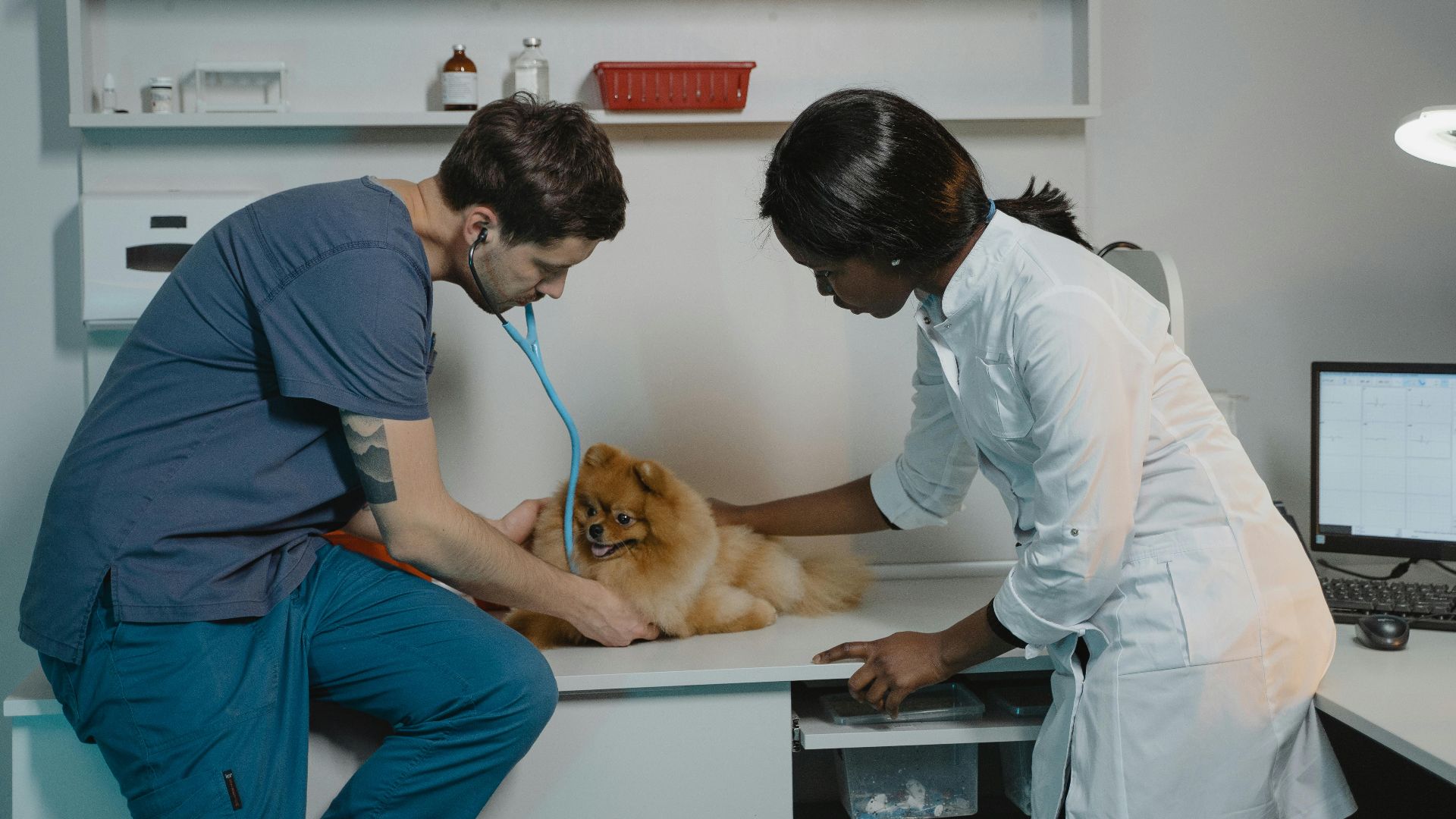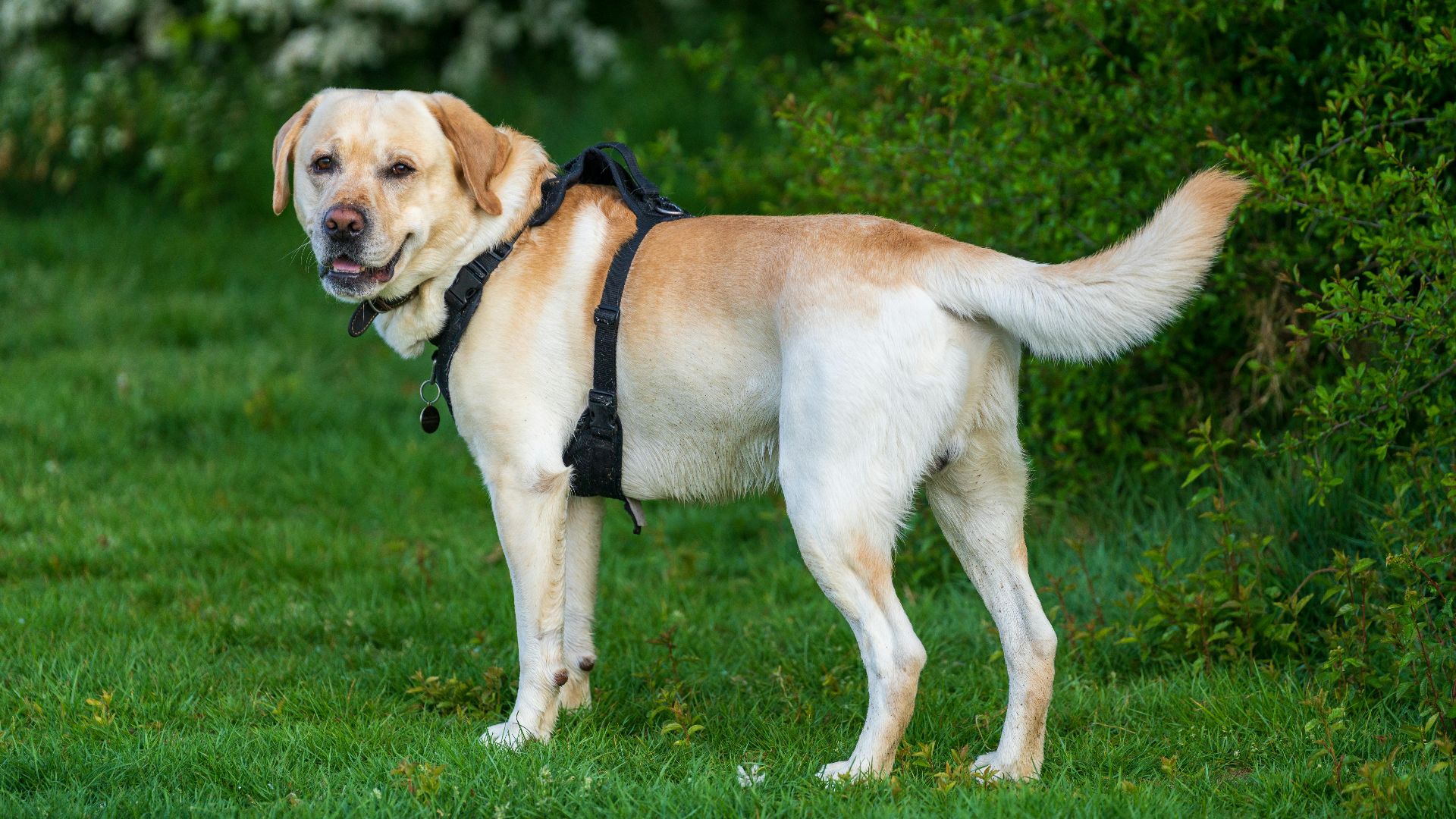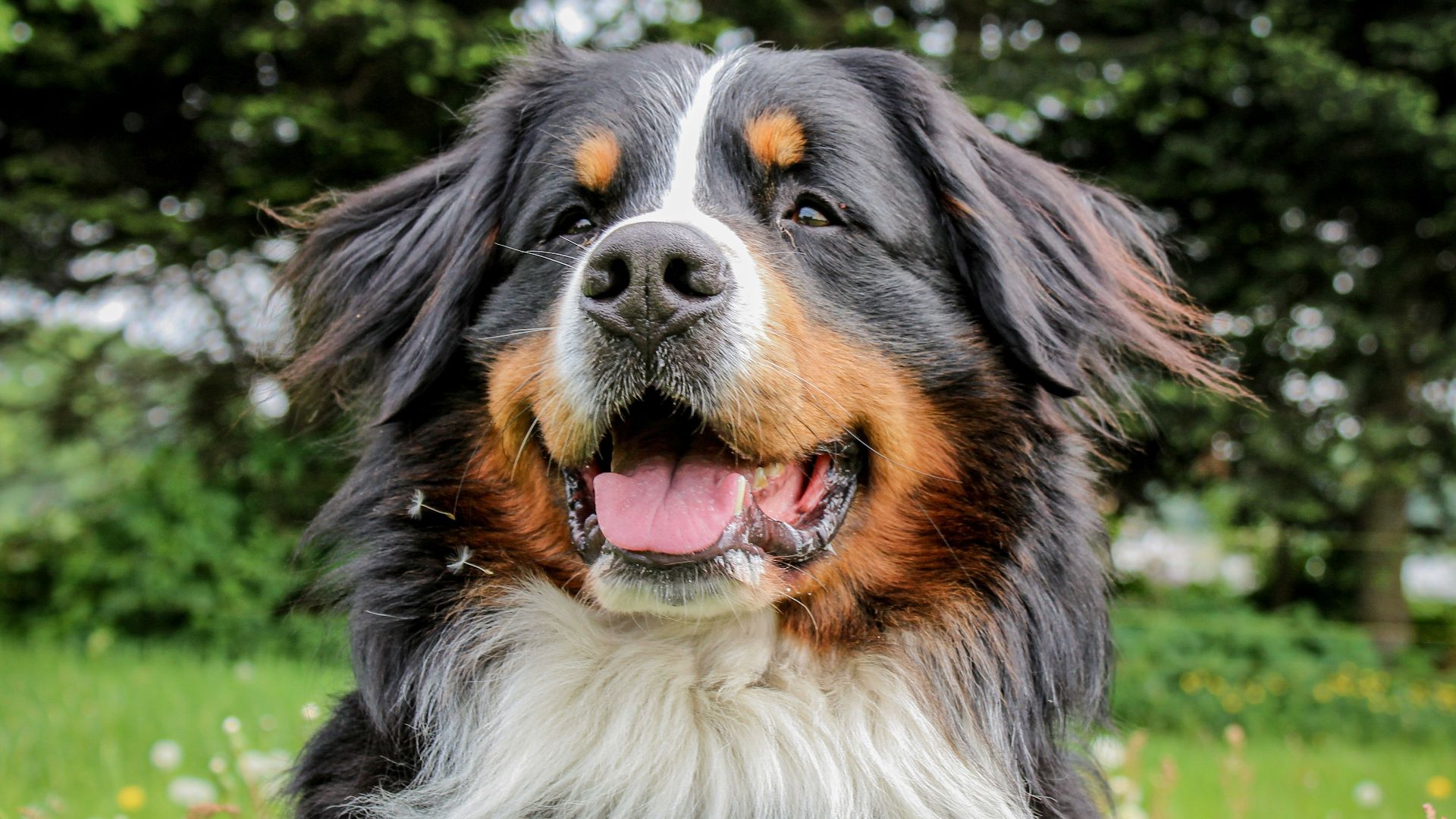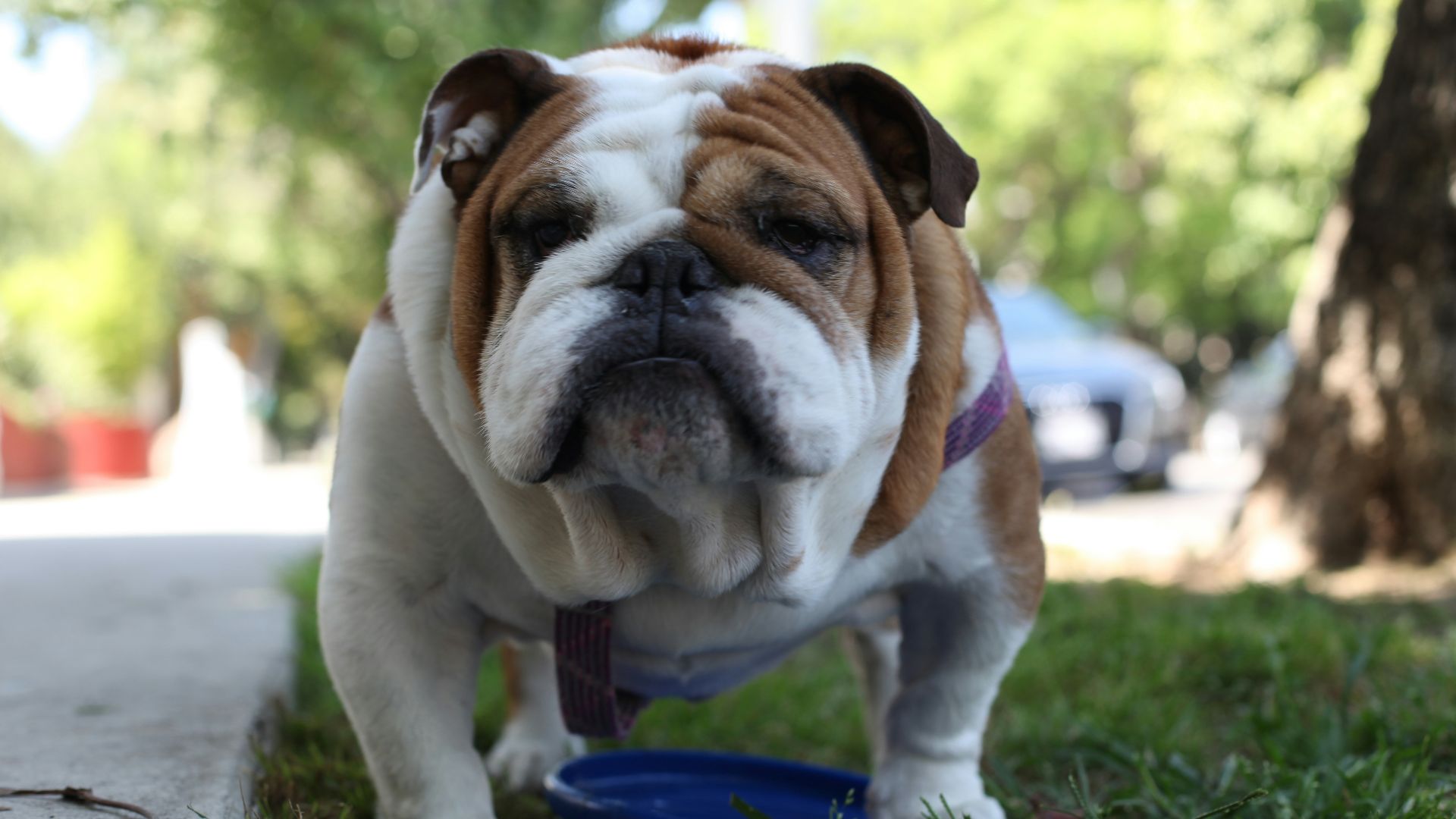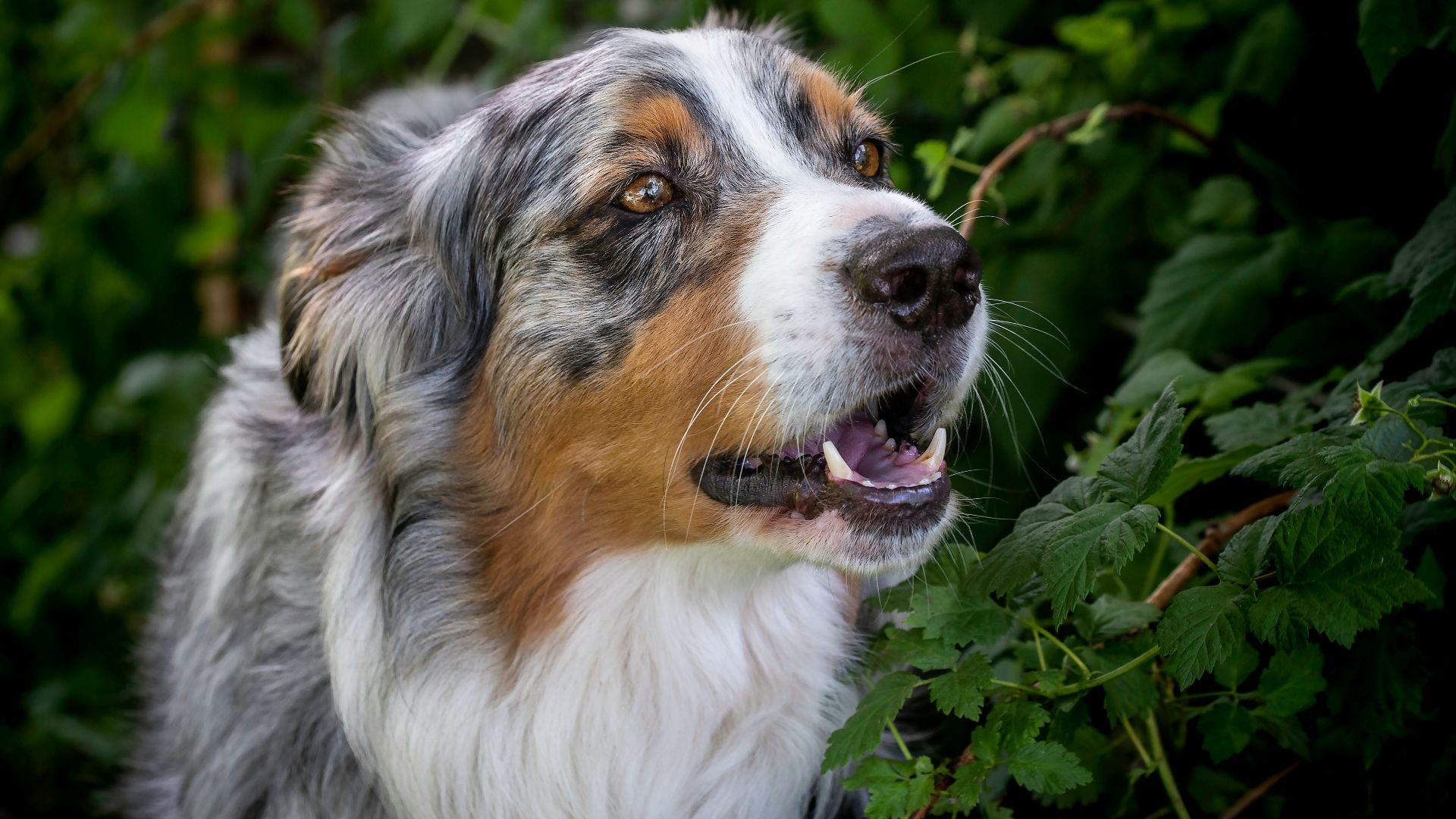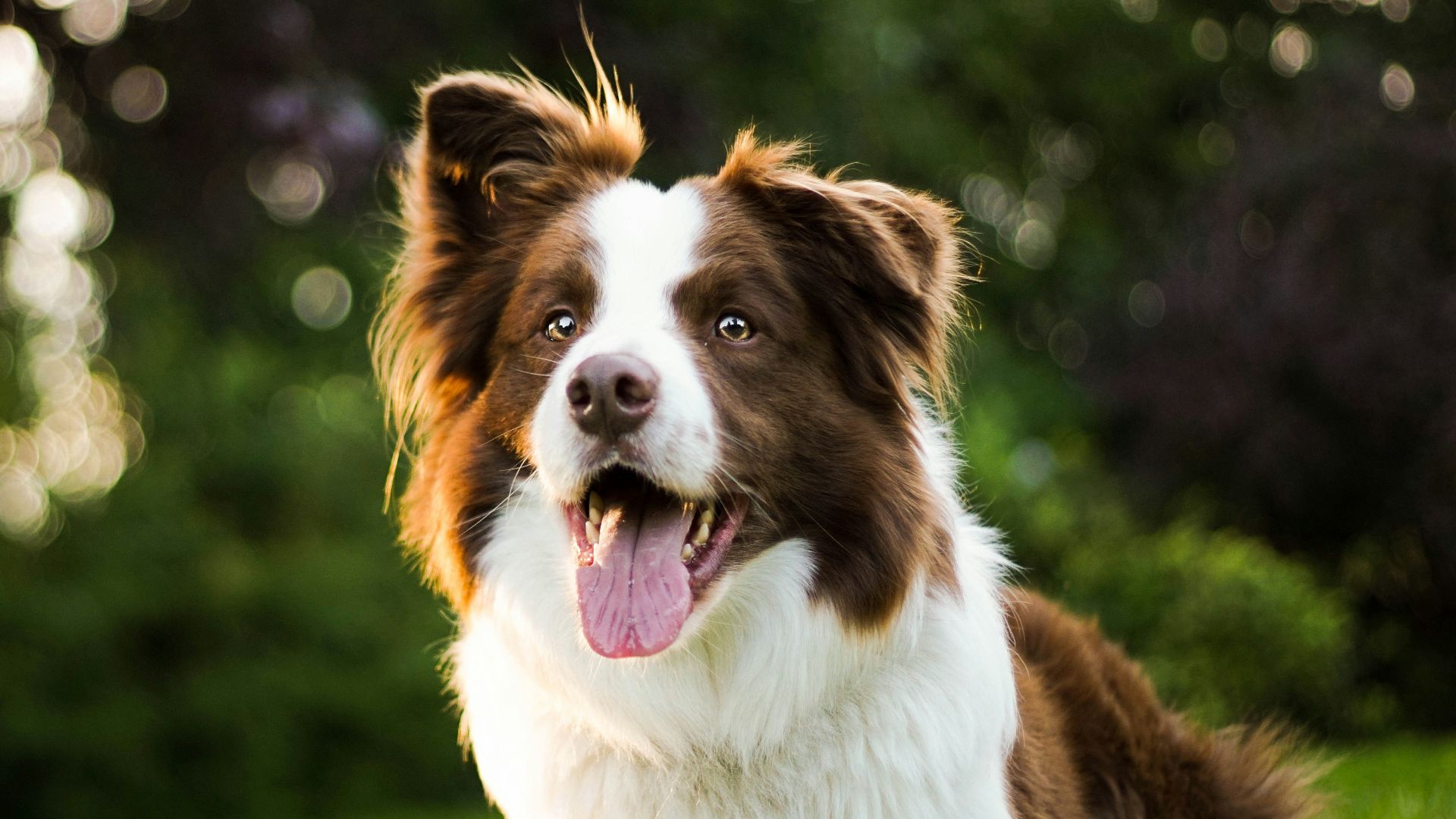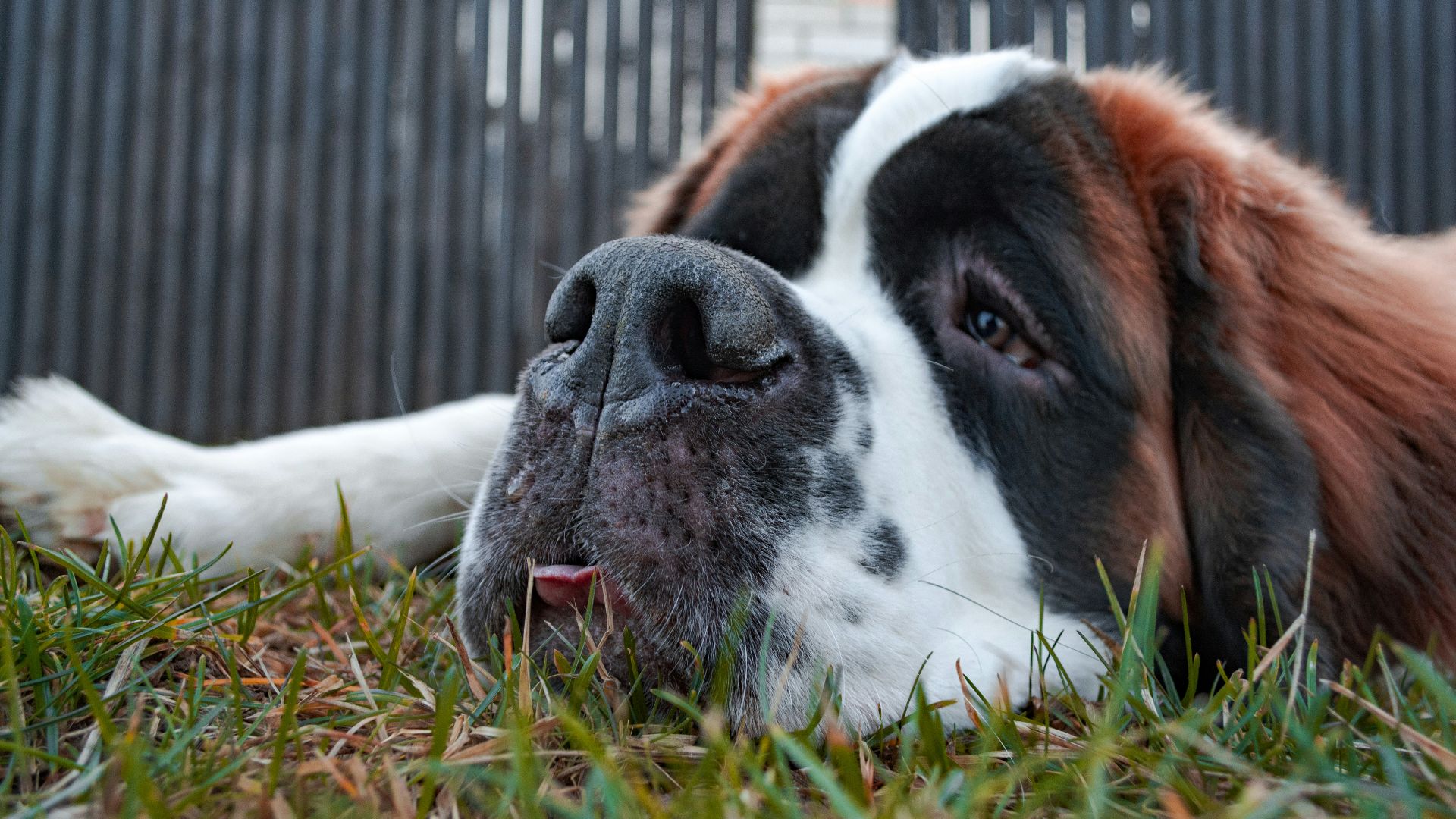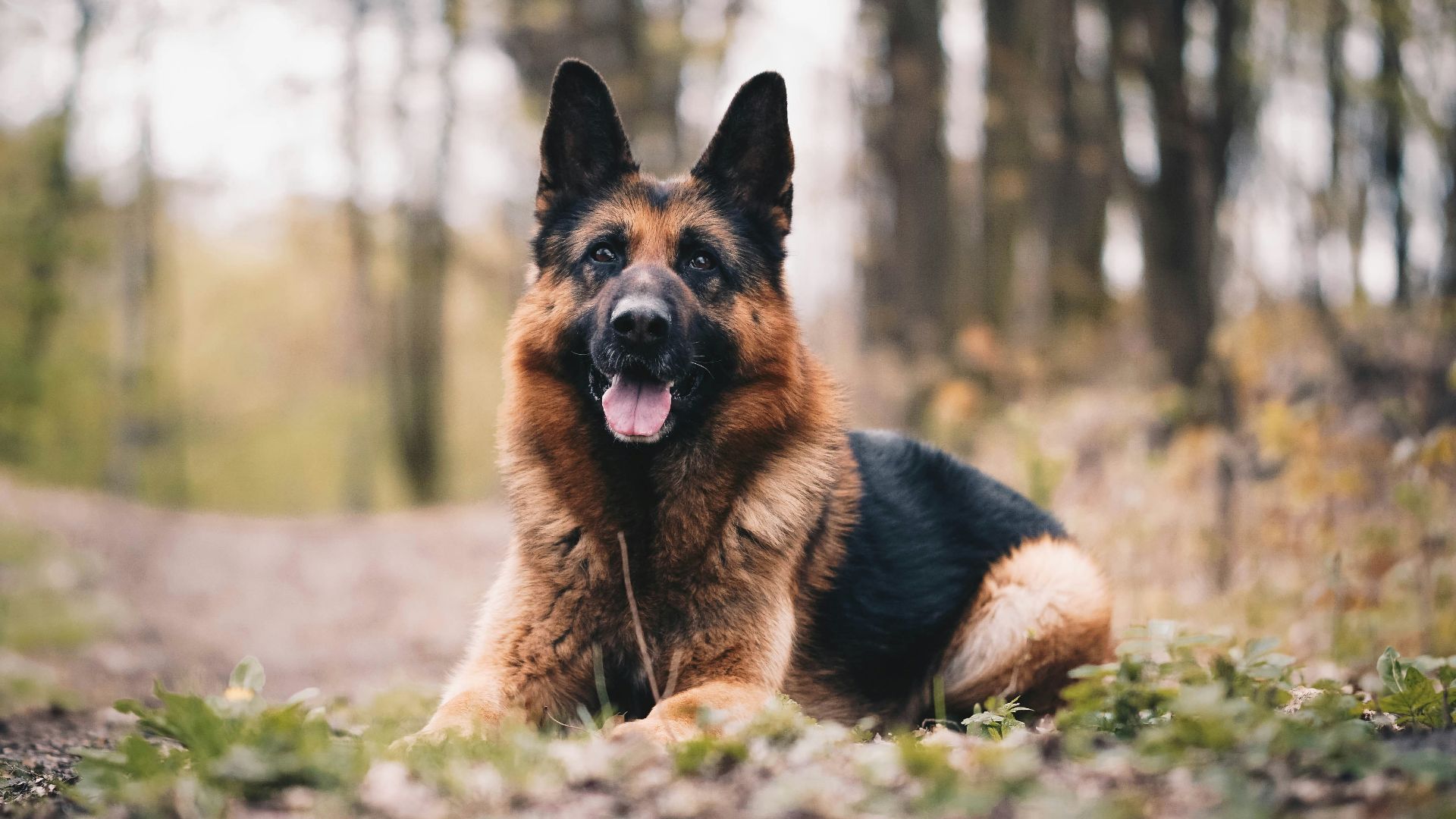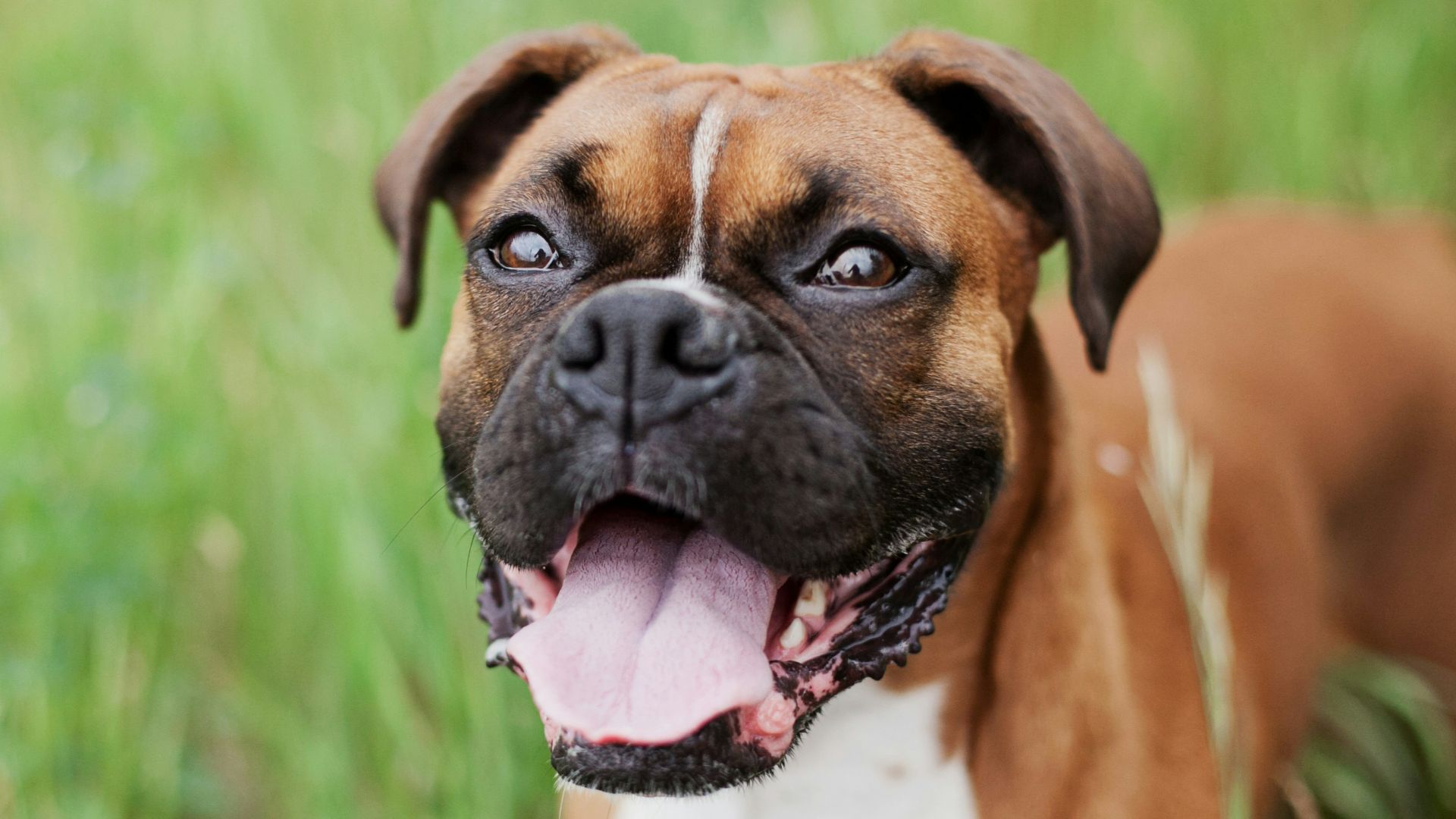What to Be Aware of Before Bringing Your New Friend Home
There’s nothing better than welcoming a new dog into your life. As loyal companions for life, research has shown time and again just how beneficial they are for our physical and mental health. But a dog’s health is just as important, which is why we’re breaking down some common health issues to be aware of in some popular breeds.
1. Labrador Retriever
Labs are the ultimate family dog, which is why they often top annual charts for the most popular dog breeds! But as cuddly as these friendly pups are, they’re also susceptible to a few problems like obesity, heart disease, and hip dysplasia. Obesity, in particular, is found in many labradors, making weight management a top priority for pet parents.
2. Pug
It’s easy to assume that such a small, adorable dog won’t have an onslaught of health issues, but pugs are notorious for breathing complications, hip dysplasia, allergies, skin conditions, and spinal problems like hemivertebrae. Regular vet checkups and diligent ownership can alert you to any worrying symptoms.
3. Bernese Mountain Dog
These big fluff balls make terrific family pets—but they also come with an unfortunately high list of health concerns. Owners should stay on the lookout for anything from bloat and elbow dysplasia to progressive retinal atrophy (otherwise known as PRA). They may have a shorter life expectancy than other breeds, but these friendly pups still make a great addition to any household.
4. Golden Retriever
You never know what’s hiding under all that golden fur. The sad reality is that it could be any number of common problems like allergies, hot spots, hyperthyroidism, and even certain cancers. Despite these issues, it’s important to remember that not every golden will experience scary symptoms, so they’re still one of the best breeds to welcome to your home!
5. Cocker Spaniel
Loveable breeds with big personalities, cocker spaniels make a terrific pet for nearly any family. However, pet parents should be aware of a few issues these little guys are prone to. They’re known for skin conditions, eye troubles like cataracts and glaucoma, and even knee problems.
6. English Bulldog
They’ve got the snaggle teeth. They’ve got the hilariously wide stance. Above all, they’re easy-going family dogs best known for their sweet temperament. But before you welcome them home, remember that they can suffer from teeth concerns (such as gingivitis or buildup), joint problems, and a common issue known as BOAS—Brachycephalic Obstructive Airway Syndrome. Pet owners should regulate this breed’s exercise habits, weight, and climate for optimal health!
7. Australian Shepherd
These multi-colored firecrackers need lots of room to stay active! They’re smart, they’re hard-working, and they have no trouble thriving despite their health problems. If you’re planning to bring this bundle of energy home, stay on the lookout for dental diseases, hip dysplasia, and eye concerns. Without enough exercise, they’re also prone to obesity.
8. Border Collie
Speaking of energetic herders, border collies are just as popular for their intelligence and good work ethic. They need plenty of space to roam around and are often led by their instincts, meaning they’ll always need a job to do! But pet parents should keep an eye out for genetic issues like PRA, Collie Eye Anomaly, and epilepsy.
9. Saint Bernard
Saint Bernards are notoriously big, lovable babies—who also tend to pass gas and drool a lot, but we take the good with the smelly! Either way, this family-friendly dog works well in climate-controlled environments where they can get plenty of exercise. It’s a good thing, too, because among common health problems like dental issues and parasites, they also struggle with obesity.
10. German Shepherd
You might think of a police dog when you see German Shepherds, but these sweetie pies are actually just affectionate puppies at heart. Though they make great family pets, it’s worth remembering a few issues, such as bloat, allergies, and hip dysplasia. You might also see degenerative disc disease and a few more infections than in other breeds.
11. Dachshund
Playful, loyal, and huge cuddle bugs, dachshunds are perpetual puppies who love to explore and play with their favorite people. Unfortunately, these little babies are prone to health issues like epilepsy, heart disease, dental issues, and PRA, so make sure to schedule regular vet trips.
12. Rottweiler
Don’t be fooled by their appearance—Rottweilers are sweet-natured dogs that mesh surprisingly well with children. They’re much smarter than they look as well, often a perfect match as service dogs! They’re not going to let cancer threats or hip dysplasia keep them down, but they’re definitely potential problems to keep an eye out for.
13. Great Dane
Whether they’re actually ponies in disguise is still up for debate, but great danes have a lot of love to give and a lot of space to take up! However, as with any big breed, they’re more susceptible to scary health problems like bloat, bone disease, Wobbler Syndrome, and even infection.
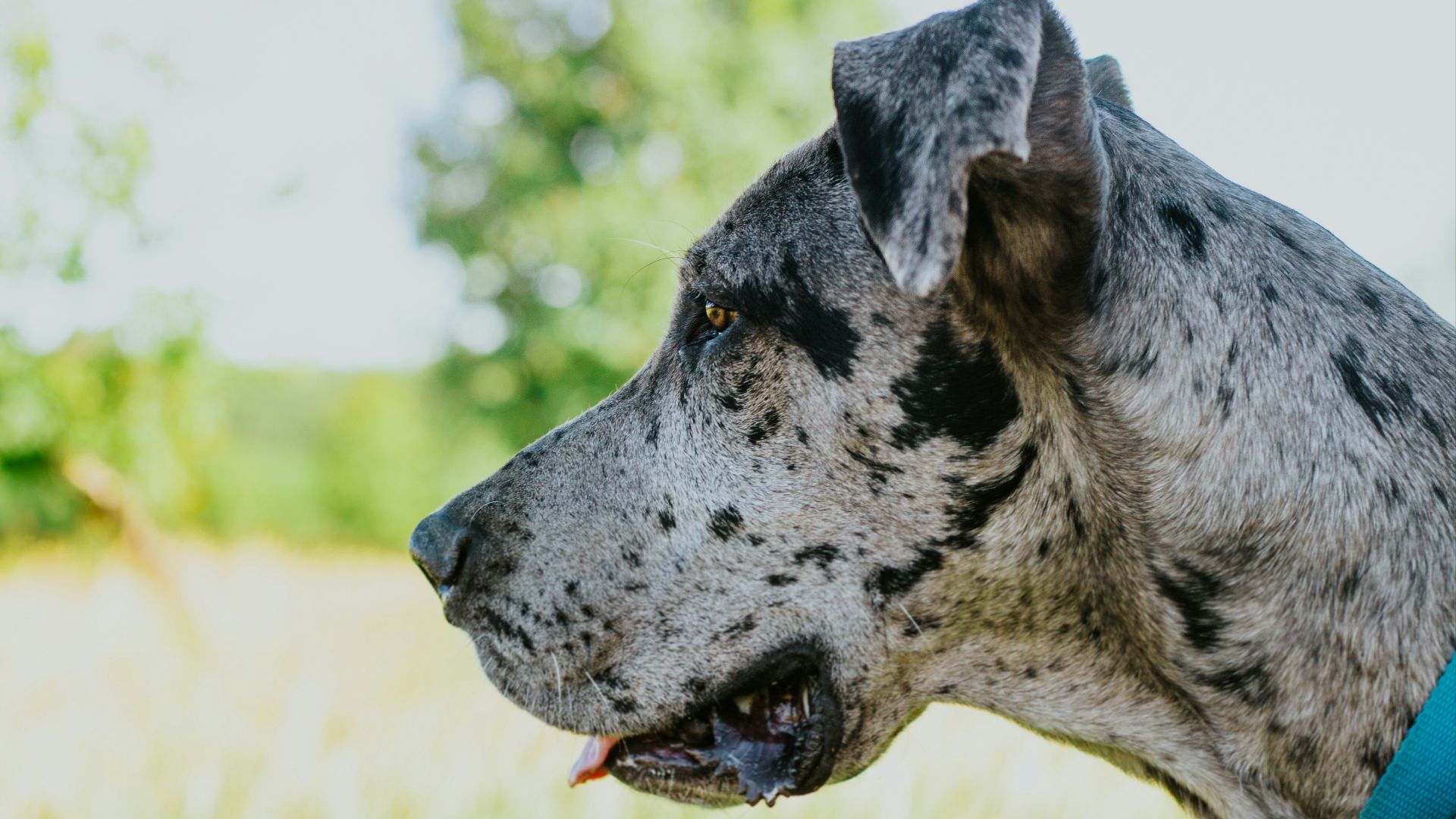 leonides ruvalcabar on Unsplash
leonides ruvalcabar on Unsplash
14. Boxer
Best known for their playful attitudes, you might just have to take these guys to the metaphorical ring! They’re known to roughhouse and enjoy time with their families, making them a terrific option for active lifestyles. That said, you may see troubling issues arise. Cancer risks, hip dysplasia, and a common genetic disease known as ARVC (Boxer Arrhythmia) could easily spoil your fun.
15. Shih Tzu
You’ll need a good mustache comb and a friendly demeanour to keep up with this adorable breed. Shih tzus are essentially fuzzy social butterflies, which is great for anyone with a matching personality. The only downside is that they’re privy to issues like food and skin allergies, infections, and bladder stones.
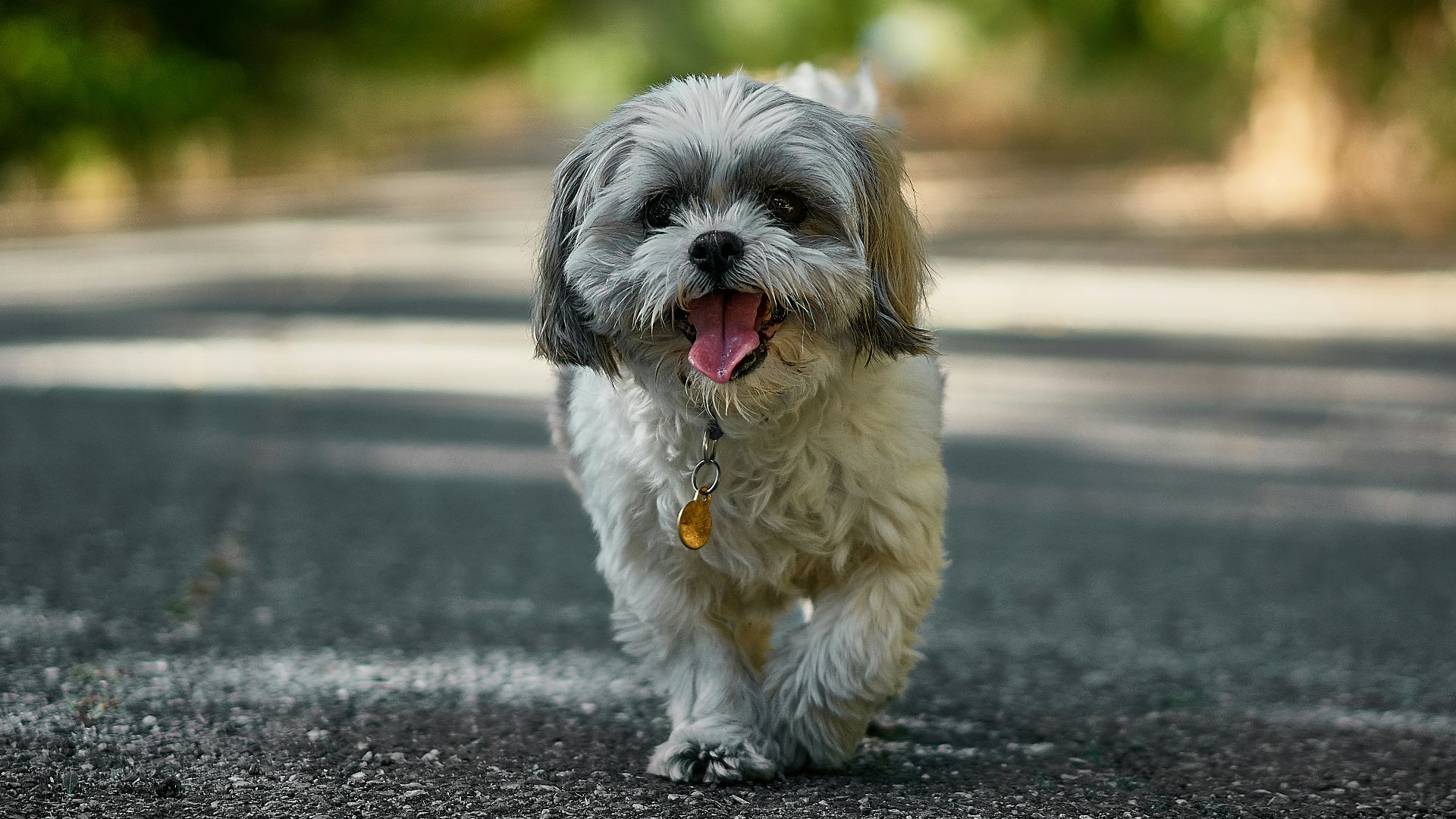 Nikolay Tchaouchev on Unsplash
Nikolay Tchaouchev on Unsplash
16. Poodle
You wouldn’t think such fabulous hair would stay put, but poodles don’t shed as much as you think! They’re also incredibly smart and very loyal, which is why so many families opt for them. Just keep in mind that you may see bloat, thyroid issues, Addison’s Disease, and hip dysplasia.
17. Yorkshire Terrier
It’s always the little ones that boss you around—so don’t expect any less from this breed! They may be small, but they’re fiercely loyal and make great pets for anyone in small spaces. But like many small breeds, Yorkies can suffer from things like hypoglycemia, tracheal collapse, and even dental issues.
18. Cavalier King Charles Spaniel
These floppy-eared friends love a good time. As social, kind-hearted dogs, you’ll turn heads everywhere you go and undoubtedly form a long-lasting bond with your furball. Just remember common problems like premature blindness, heart disease, and patella luxation.
19. Chihuahua
Small, loyal, and more than a little nervous, chihuahuas have a surprisingly long lifespan—which is great news considering some of their unfortunate health concerns. You could see anything from obesity and heart disease to eye trouble and bladder stones, so regular vet trips are a must.
20. Pomeranian
With feisty personalities and tons of energy to spare, it’s no wonder pomeranians always have a smile on their face! They do struggle with serious issues like coat loss, hypothyroidism, and collapsed tracheas, but that’s no reason to turn your back on this little ball of fun!


